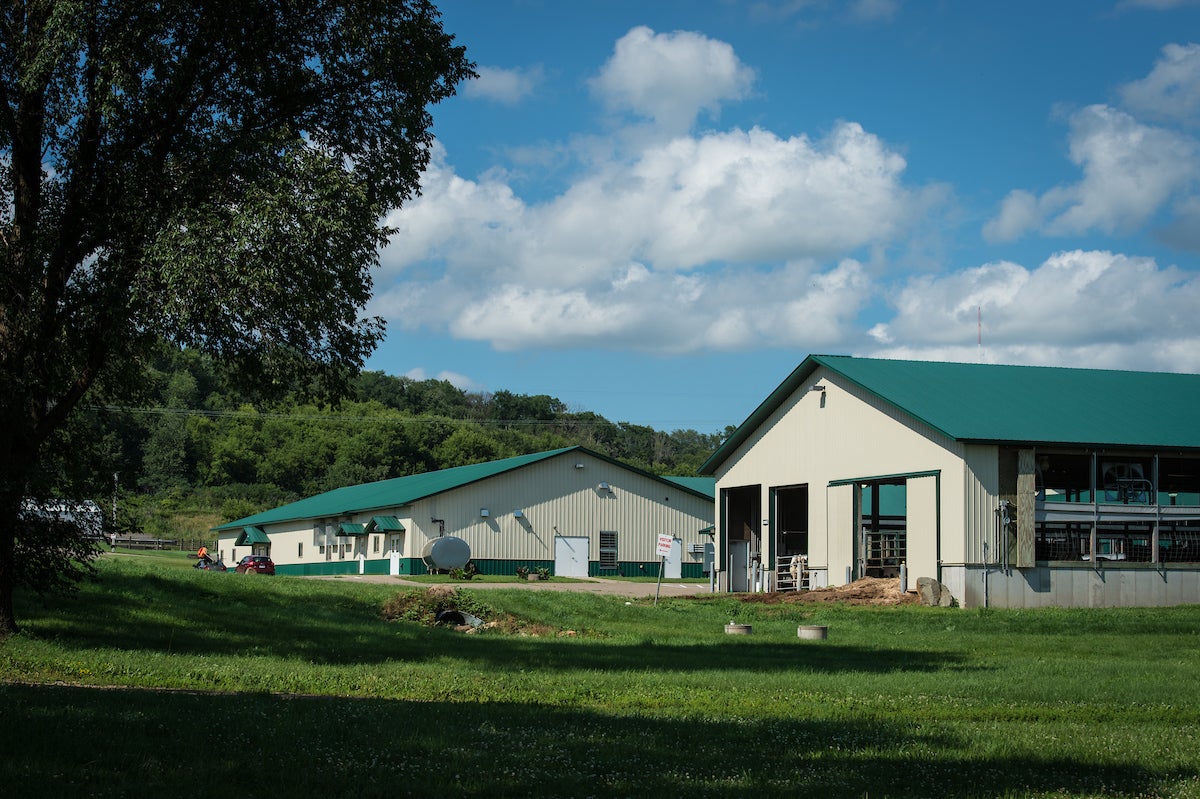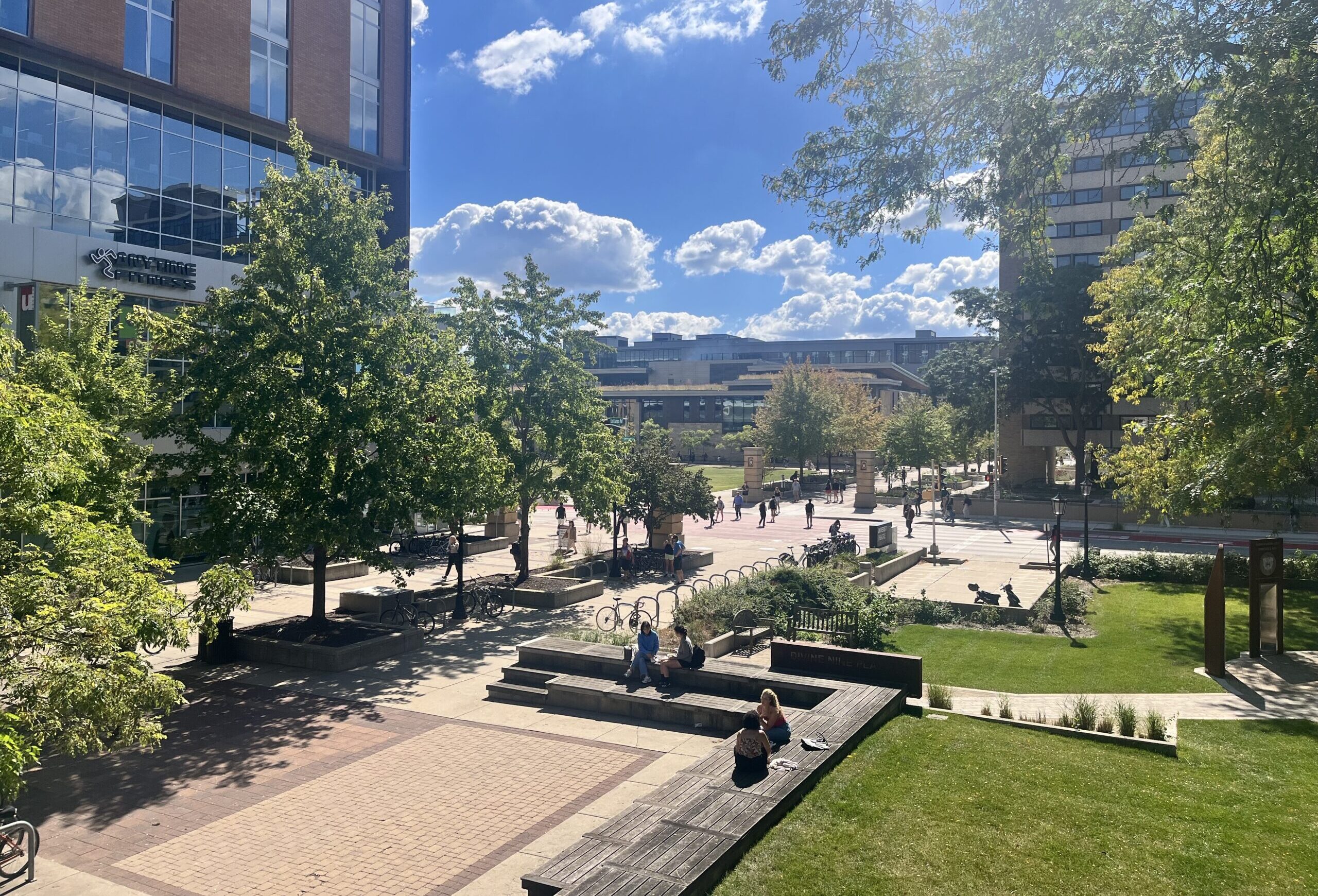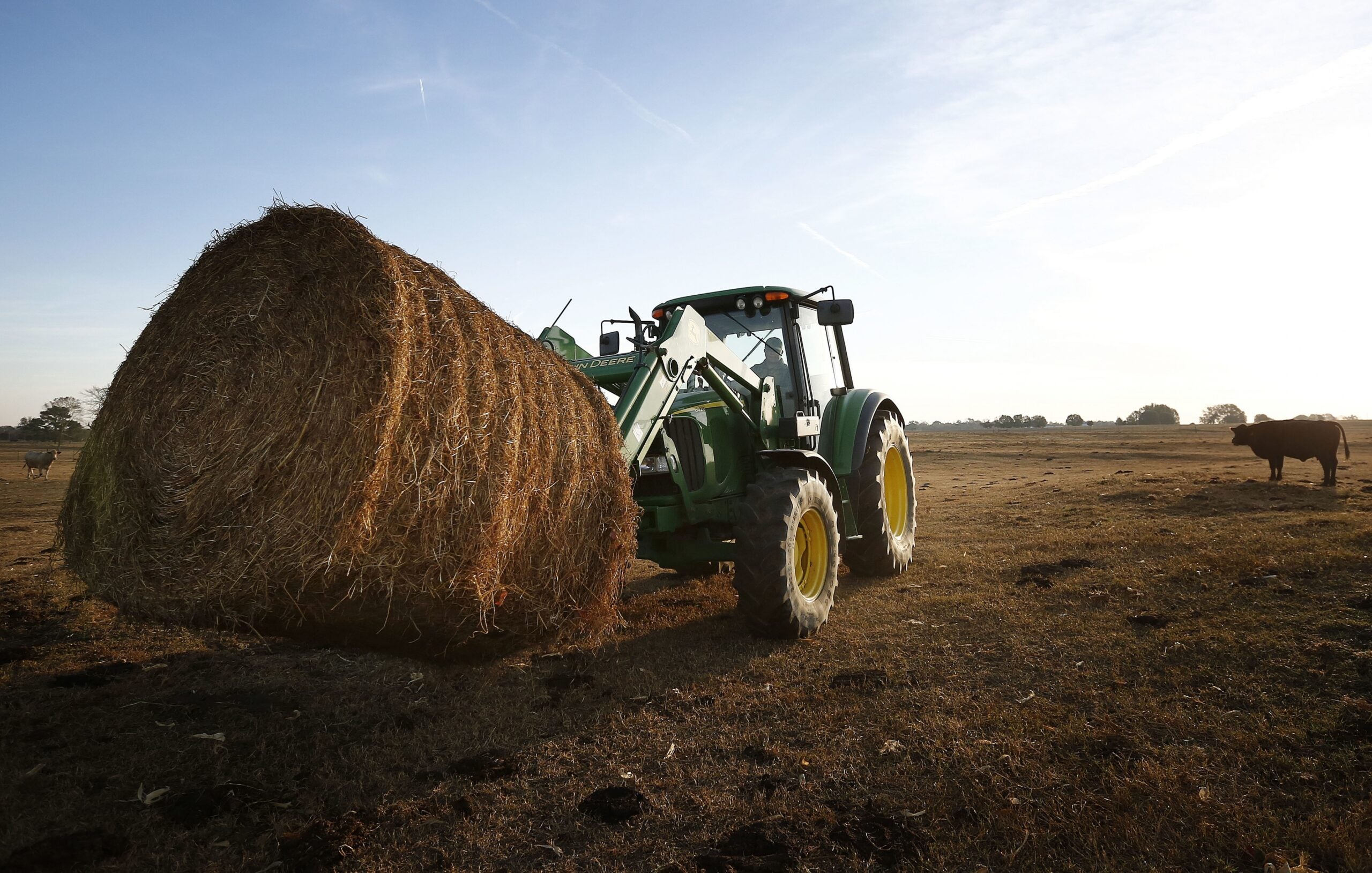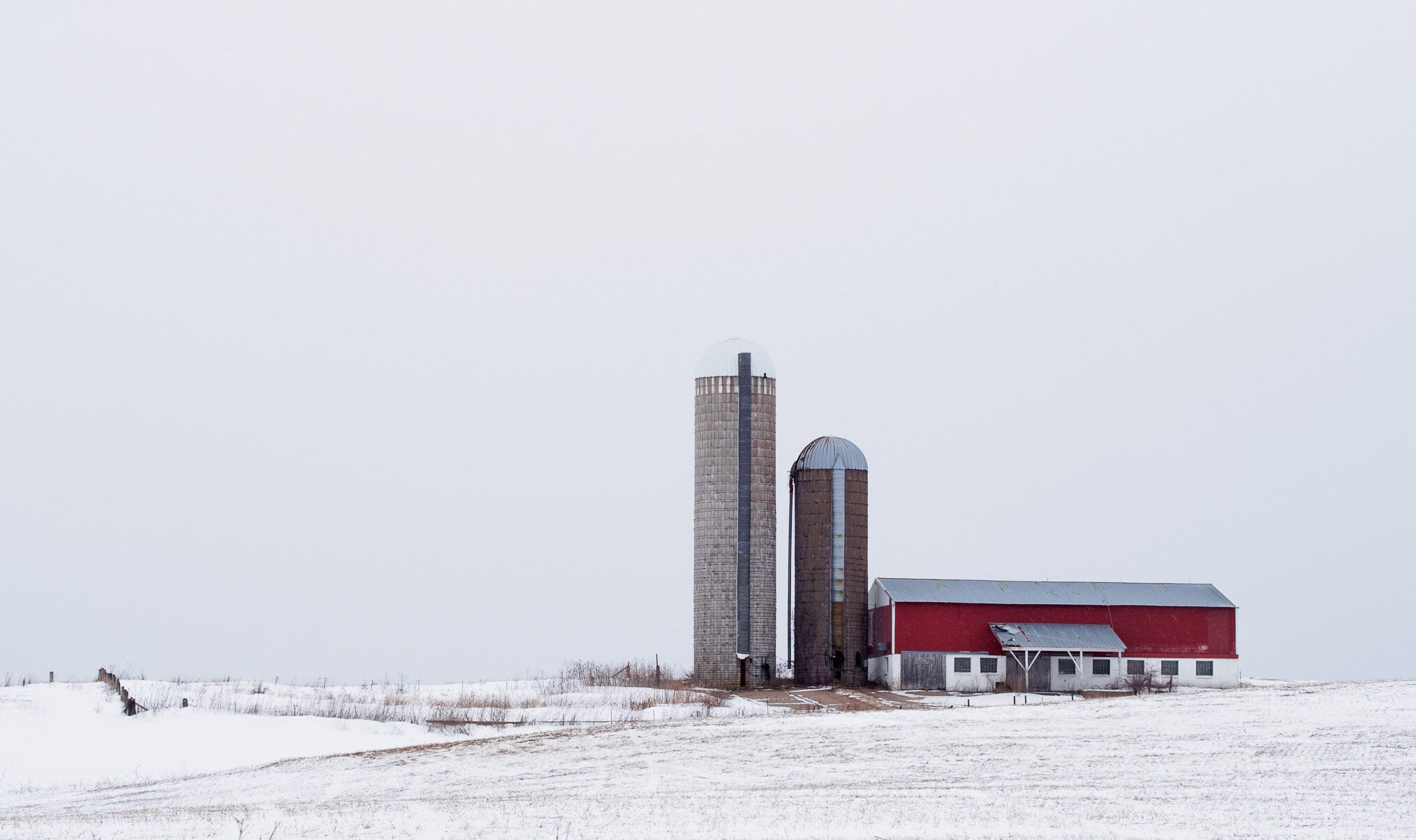A bipartisan group of state lawmakers have rallied around a bill to provide funding for a 130-year-old farm training program as it transitions to the University of Wisconsin-River Falls.
It would be a significant change for the Farm and Industry Short Course, or FISC, after being a self-funded program at UW-Madison, where it originated in 1886.
UW-Madison announced in 2022 that it was ending the 16-week on-campus certificate program, with plans to transition to a mix of online and in-person trainings. University officials said enrollment had been declining over the last decade, and the smaller classes weren’t enough to support operation of the revenue-generating course.
Stay informed on the latest news
Sign up for WPR’s email newsletter.
This spring, UW-River Falls announced it was taking over FISC and would continue to operate it as a residential, for-credit program. The first class of 24 students begin the program in October.
To support FISC’s redevelopment, a bill introduced last month would provide $147,850 in the current fiscal year and $225,130 in the next fiscal year to cover its operating costs.
Republican state Sen. Joan Ballweg of Markesan, who authored the bill, said she feels it’s important the state shows support for the new iteration of the program.
“What the bill is doing is just recognizing that this is an important piece for our agricultural workforce and our agricultural entrepreneurs, and that we are endorsing the program at UW-River Falls,” Ballweg said.
While the bill is a one-time allocation of funding, Ballweg said she would like to see state support for the program continue in future budgets.
UW-River Falls staff said earlier this year that their version of Short Course will focus solely on the dairy industry. A student’s first year in the program will focus on animal management, with the option to return for a second year focused on farm business principles and agronomy.
Mike Orth, dean of the College of Agriculture, Food and Environmental Sciences at UW-River Falls, called the proposed funding critical to FISC’s first two years of operation during a public hearing on the bill in July.
“UW-RF faculty are primarily on 100 percent teaching contracts, and we already have a full schedule for our four-year students,” Orth said. “The funding proposed allows us to add additional instructional hours for faculty.”
When asked why the state should fund the program now after years of generating its own revenue, Ballweg said there has been strong support in the agriculture industry to revive the program.
“We do a lot when it comes to workforce with grants, with housing, all of these types of things,” she said. “But this is something that if we want to continue our agricultural heritage, I think this is a program that earns and deserves some state support.”
The bill has gained support from farmer groups, including the Dairy Business Association and the head of the Professional Dairy Producers of Wisconsin board.
Jason Mugnaini, executive director of government relations for the Wisconsin Farm Bureau Federation, said UW-River Falls has been a great partner in trying to get the Short Course up and running as quickly as possible.
“But they’re going to need some funding to be able to get this up and running and reestablish at the new location,” he said. “We need to get this piece of legislation passed so that we can get that program reestablished, funded and continue to operate hopefully for another 137 years.”
Mugnaini said it was disappointing that the funding did not make it into the state budget earlier this year. But he said it seems the oversight was not because of a lack of support, but “more or less just collateral damage.”
The Republican-led state Legislature tried to cut $32 million from the UW System budget in an effort to defund positions related to diversity, equity and inclusion efforts. Democratic Gov. Tony Evers used his veto power to maintain 188 staff positions and the funding, but the money is held up in the Legislature’s Joint Finance Committee.
Every member of the senate’s Committee on Agriculture and Tourism is a co-sponsor of the bill. A bipartisan group of 27 lawmakers has also signed onto the bill in the state Assembly, but no action on the measure has been scheduled by the assembly’s Committee on Colleges and Universities.
Ballweg said she’s still optimistic the funding will make it through this session.
“We have a higher-than-average number of folks that have signed on as co-sponsors,” she said. “So I’m very hopeful that all parties will realize that this is a valuable program and to move it through the Legislature.”
Mugnaini said he thinks the state Legislature is generally supportive of farmers. But he worries there isn’t enough awareness among lawmakers about the need for the training program.
“When you’re talking about workforce development and things to help grow the industries that we have here in Wisconsin, sometimes people kind of miss agriculture in their thought process,” he said.
Wisconsin Public Radio, © Copyright 2025, Board of Regents of the University of Wisconsin System and Wisconsin Educational Communications Board.





